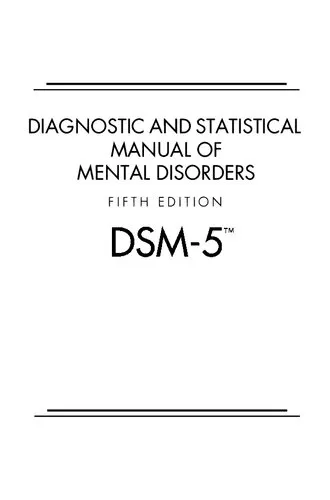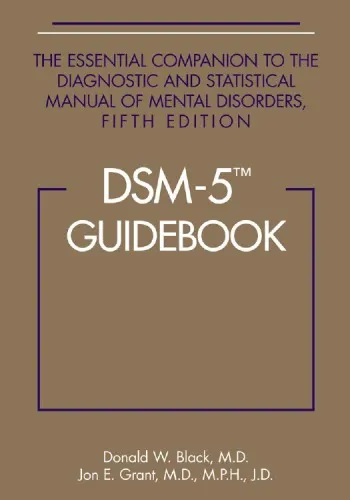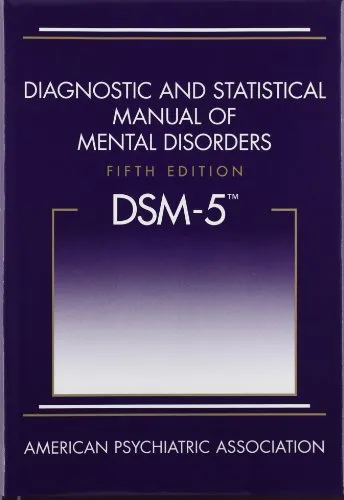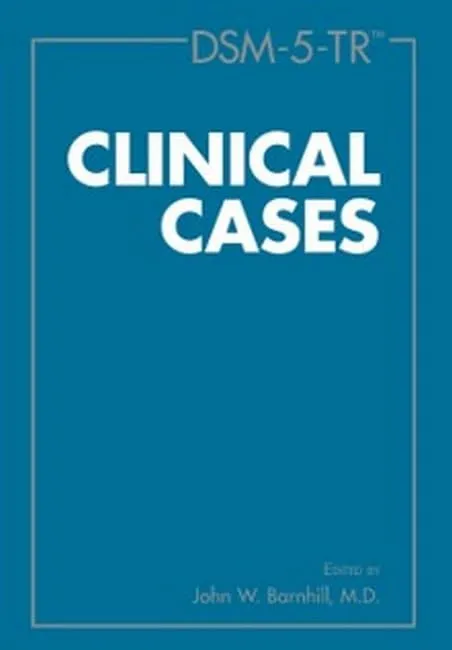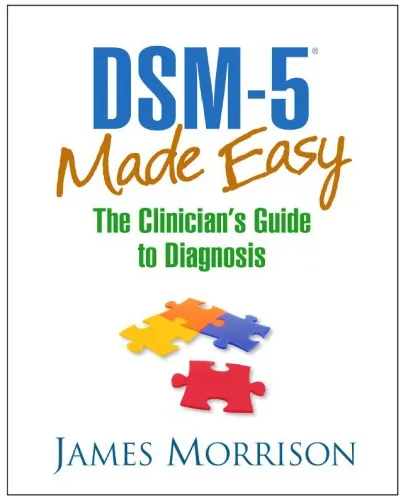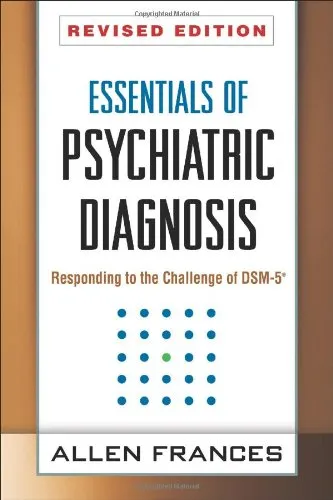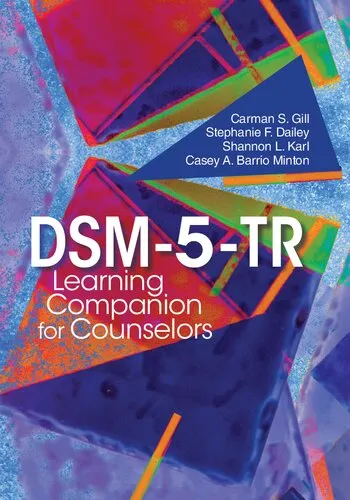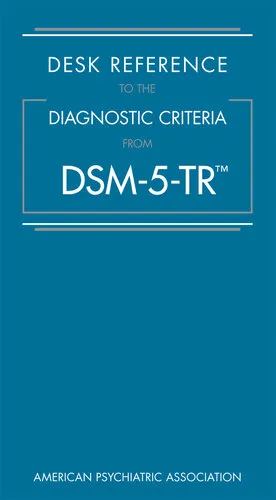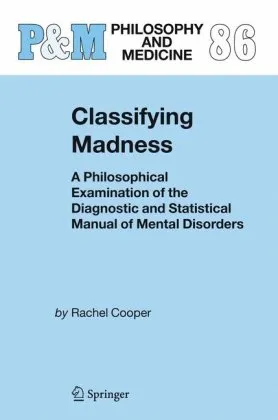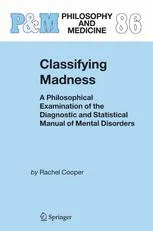Diagnostic and Statistical Manual of Mental Disorders, Fifth Edition (DSM-5)
4.4
Reviews from our users

You Can Ask your questions from this book's AI after Login
Each download or ask from book AI costs 2 points. To earn more free points, please visit the Points Guide Page and complete some valuable actions.Related Refrences:
Introduction to Diagnostic and Statistical Manual of Mental Disorders, Fifth Edition (DSM-5)
The "Diagnostic and Statistical Manual of Mental Disorders, Fifth Edition (DSM-5)" is an authoritative classification and diagnostic tool published by the American Psychiatric Association. It is widely utilized by clinicians, researchers, psychiatric drug regulation agencies, health insurance companies, pharmaceutical companies, and policymakers worldwide.
Detailed Summary of the Book
The DSM-5 is an expansive and comprehensive manual that provides a standardized classification for diagnosing mental disorders. Released in May 2013, this fifth edition represents a significant advancement from its predecessors, incorporating new insights, research, and a modern understanding of mental illnesses. The DSM-5 is structured to provide clear criteria for each psychiatric diagnosis, accompanied by detailed descriptions and a focus on developmental and life-span considerations.
The manual is divided into three main sections. The first section provides the basic organization and use of the manual. It offers essential guidance on the application of diagnostic criteria and general guidelines for the clinical assessment of patients. The second section comprises the bulk of the manual, listing specific diagnostic criteria for each disorder. This section categorizes disorders based on various factors, including neurodevelopmental, schizophrenia spectrum, bipolar disorders, depressive disorders, anxiety disorders, and more. The third section includes assessments and other measurement tools, cultural formulations, alternative model structures for disorders, and conditions for further study.
Key Takeaways
- The DSM-5 enhances diagnostic accuracy by offering more specific and comprehensive criteria.
- It introduces changes such as the recognition of autism spectrum disorder, replacing Asperger's disorder, and the reclassification of PTSD and OCD into their own categories.
- The DSM-5 emphasizes a dimensional approach to diagnosis, acknowledging the continuum of mental health and illness.
- This edition addresses cultural variations and influences on diagnosis and treatment, integrating cultural concepts throughout the manual.
- Section III of the DSM-5 provides tools to assess symptom severity and functional impairment, assisting clinicians in treatment planning and outcome evaluation.
Famous Quotes from the Book
"The strength of the DSM system lies in its consistency and firm grounding in scientific research."
"In the DSM-5, our aim was to create an informed diagnostic tool that reflects our current understanding of mental disorders as complex and interwoven medical conditions affecting both brain and behavior."
Why This Book Matters
The DSM-5's importance cannot be overstated. It serves as a critical reference for clinical practice and research in mental health, shaping the ways in which disorders are understood and treated. As mental health professionals rely on it for diagnosis, treatment planning, and communication, the DSM-5 also influences education, policy development, and reimbursement processes within healthcare systems. Additionally, it contributes significantly to the destigmatization of mental health conditions by broadening awareness and understanding of psychiatric disorders.
Furthermore, the DSM-5's updates reflect an evolving comprehension of mental health, consistently incorporating the latest research findings into practical applications. This ensures that the manual remains relevant and accurate, aligning clinical practice with contemporary scientific knowledge.
By fostering a greater understanding of mental health disorders while remaining accessible to a broad array of disciplines, the DSM-5 continues to be a vital instrument in promoting mental health awareness, guiding the effective treatment of psychiatric conditions, and ultimately improving patient outcomes globally.
Free Direct Download
You Can Download this book after Login
Accessing books through legal platforms and public libraries not only supports the rights of authors and publishers but also contributes to the sustainability of reading culture. Before downloading, please take a moment to consider these options.
Find this book on other platforms:
WorldCat helps you find books in libraries worldwide.
See ratings, reviews, and discussions on Goodreads.
Find and buy rare or used books on AbeBooks.
1612
بازدید4.4
امتیاز0
نظر98%
رضایتReviews:
4.4
Based on 0 users review
Questions & Answers
Ask questions about this book or help others by answering
No questions yet. Be the first to ask!
